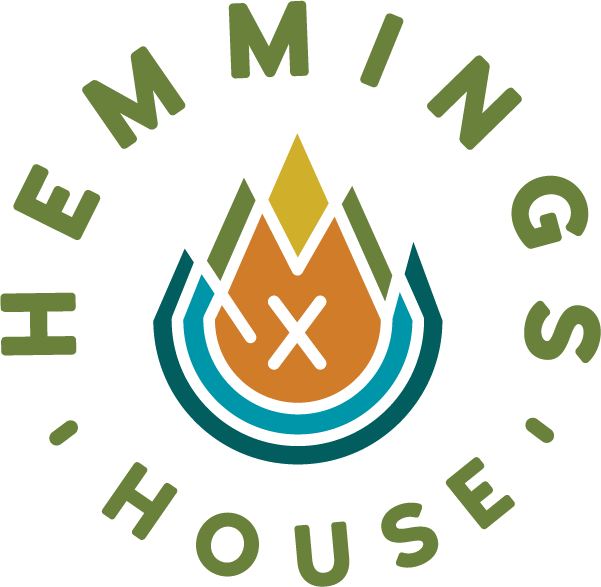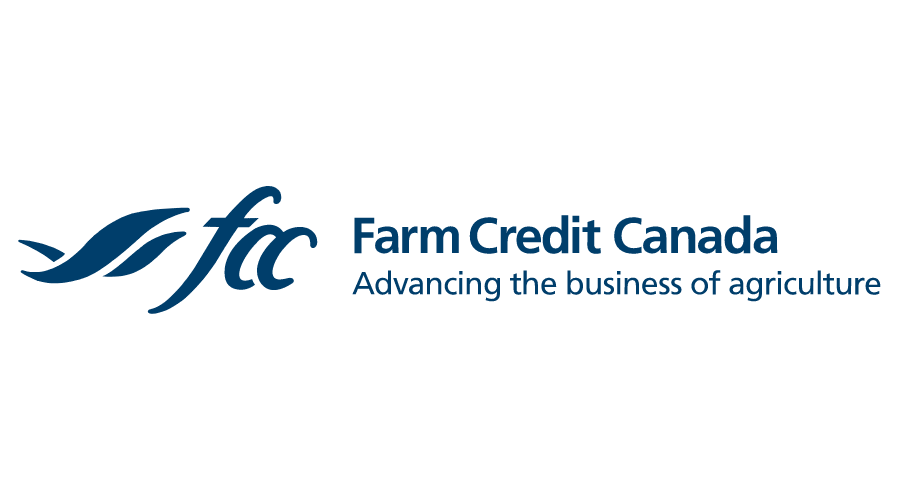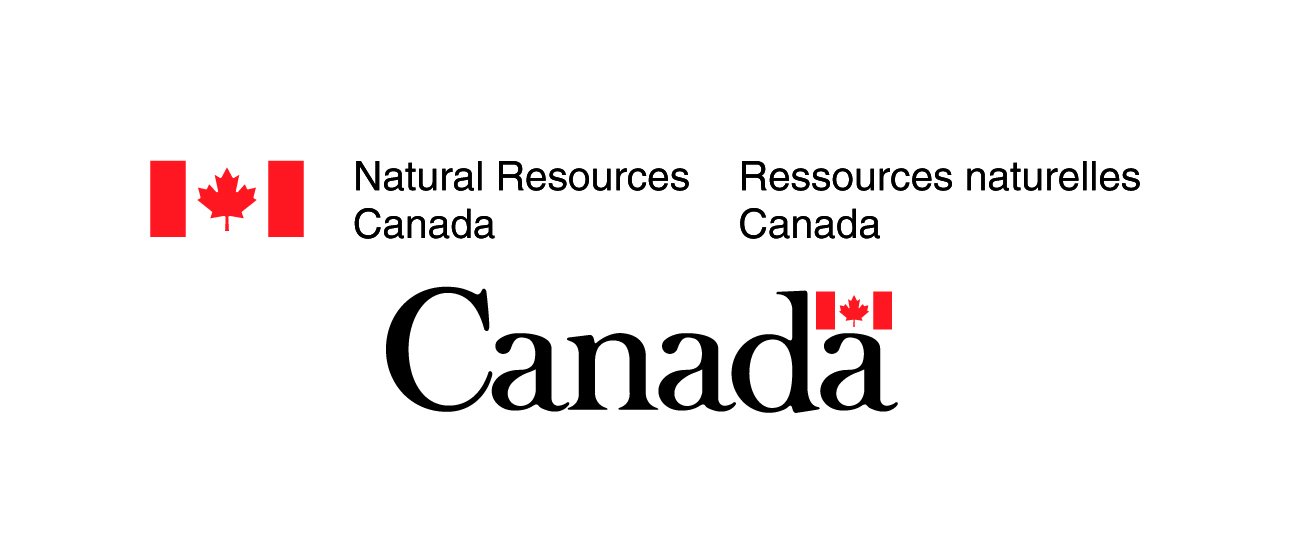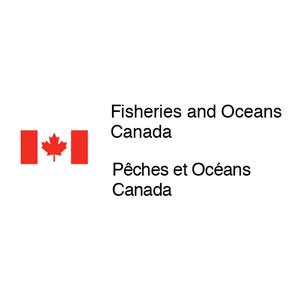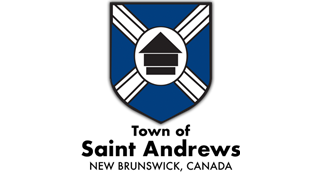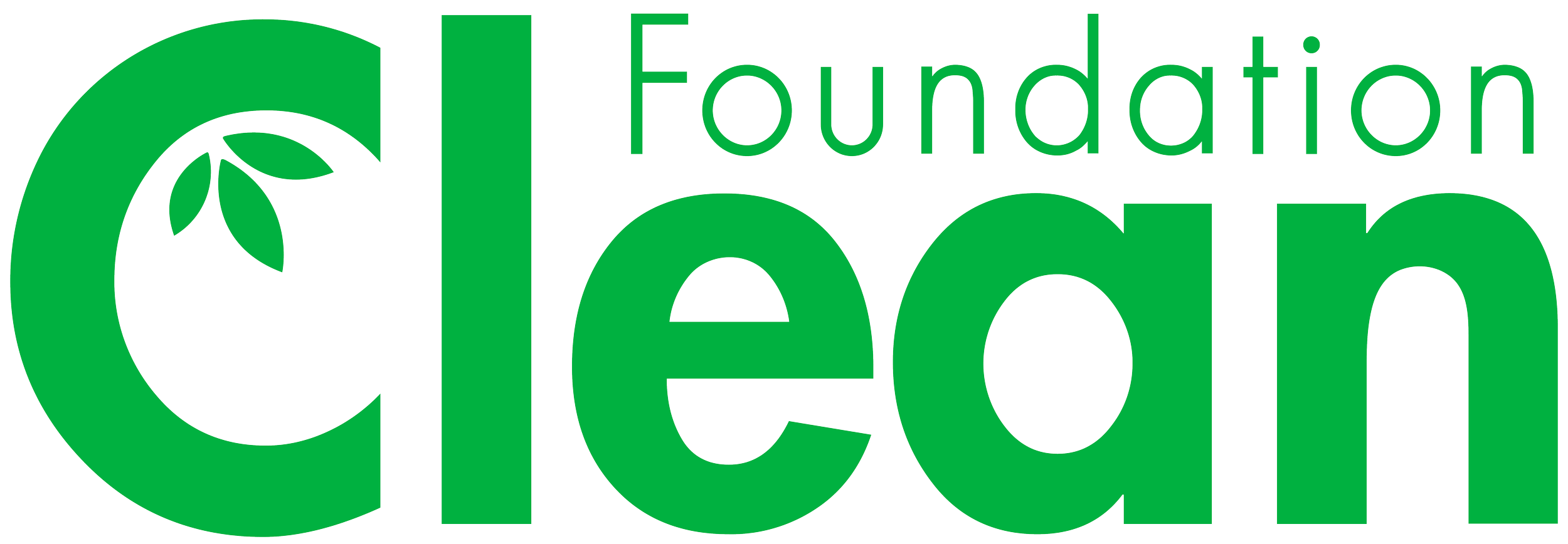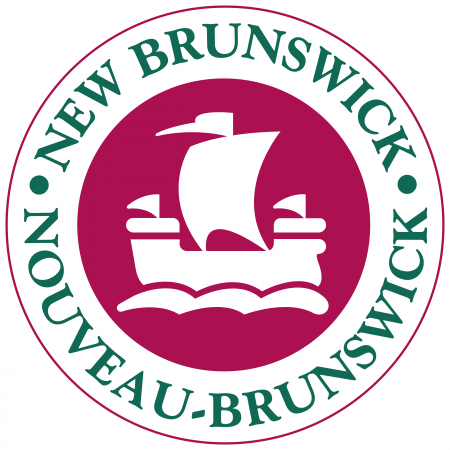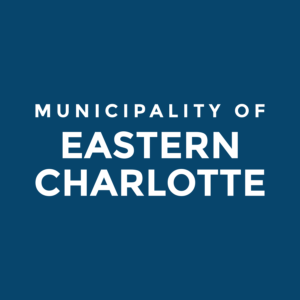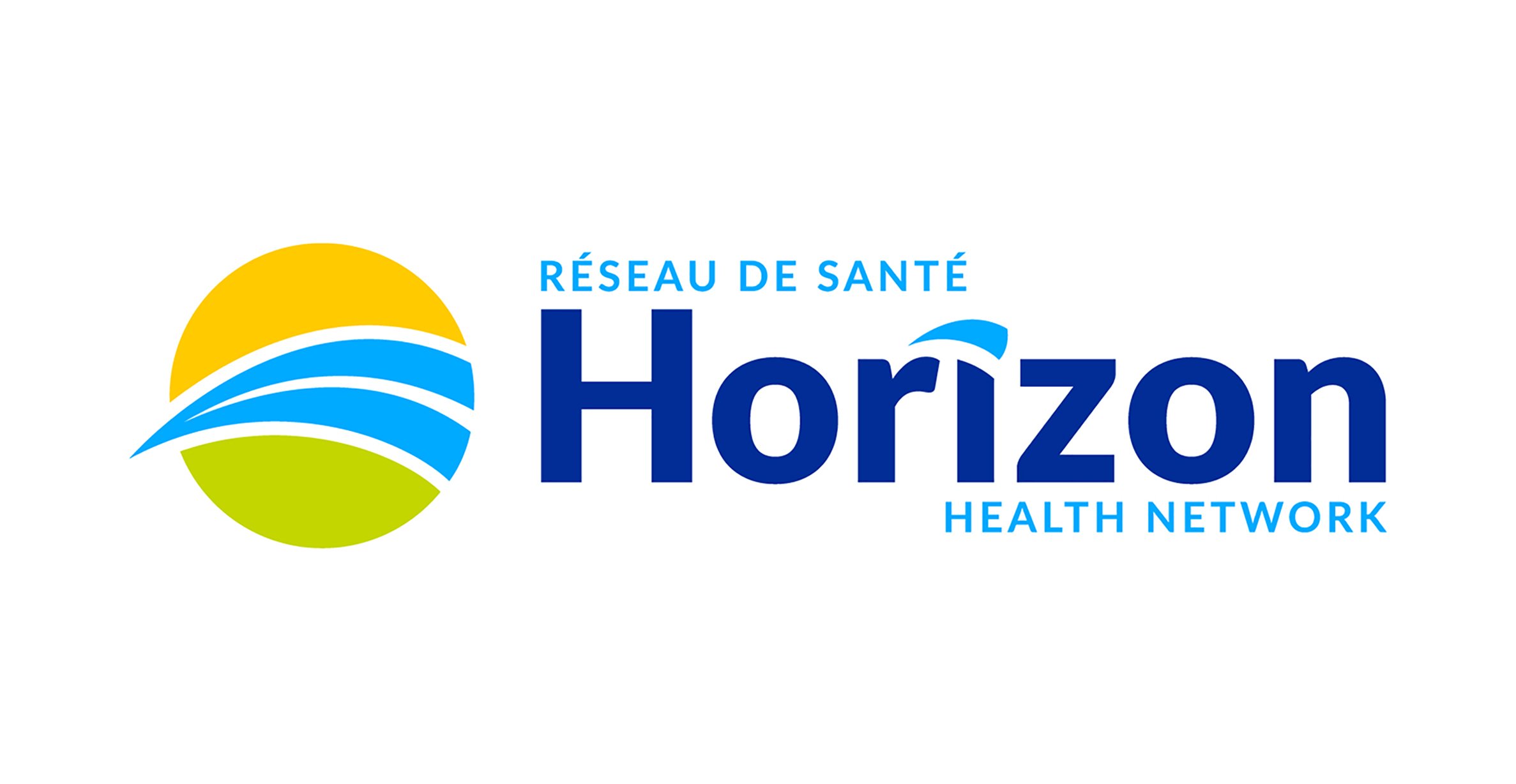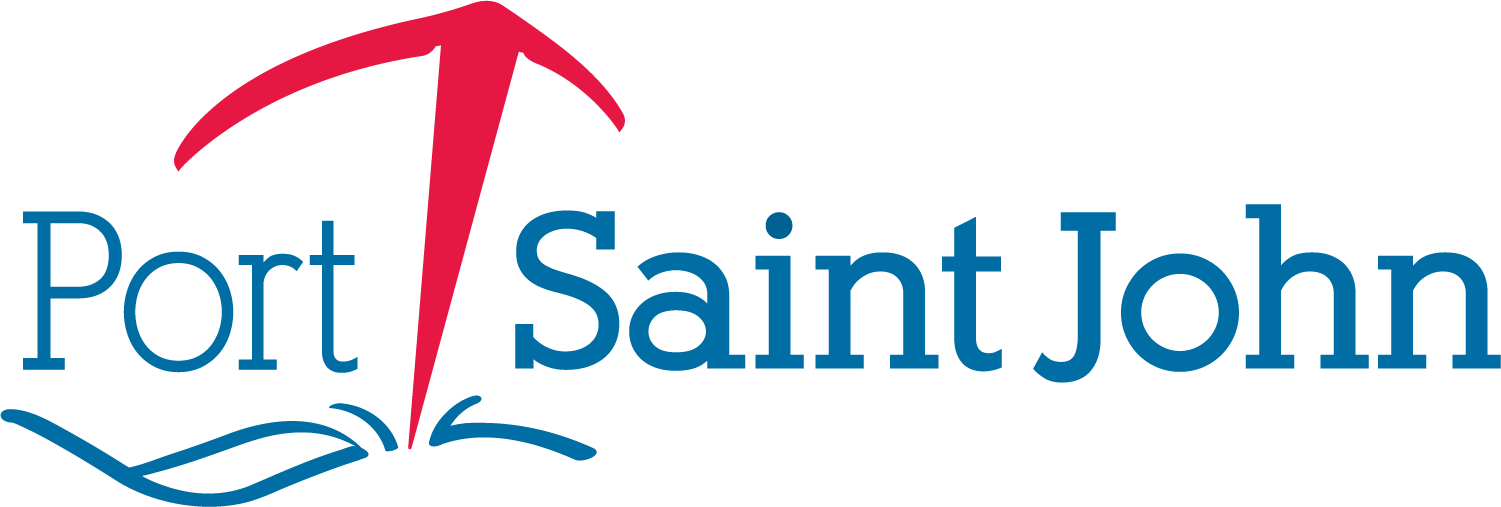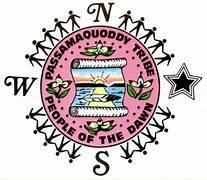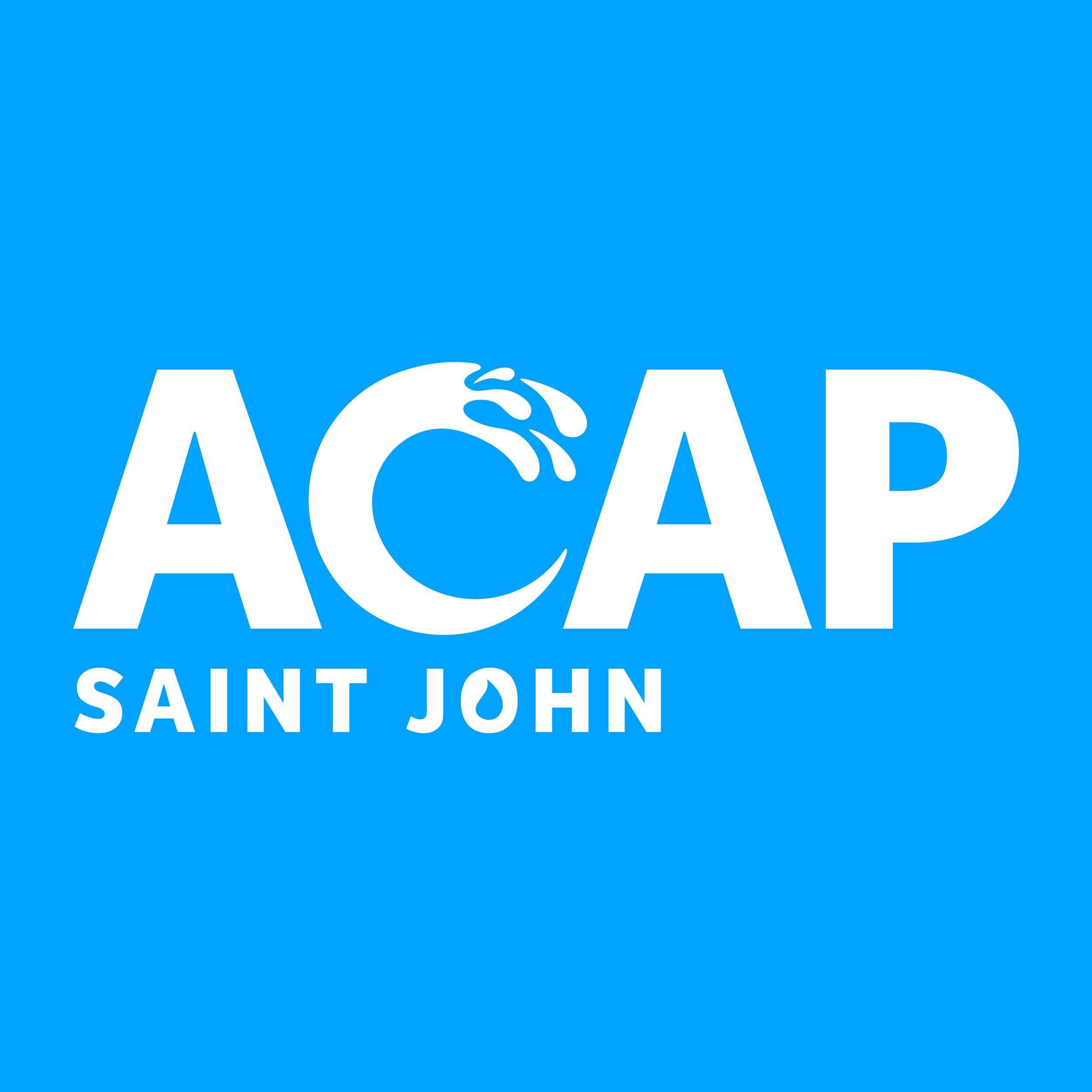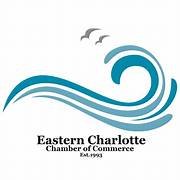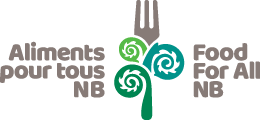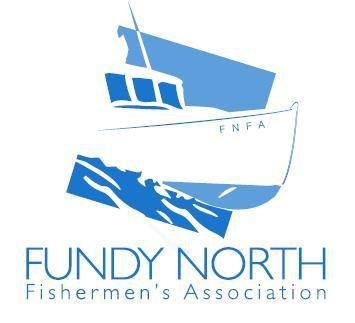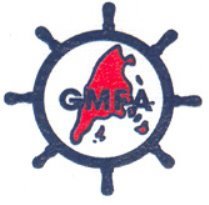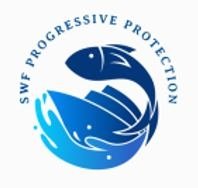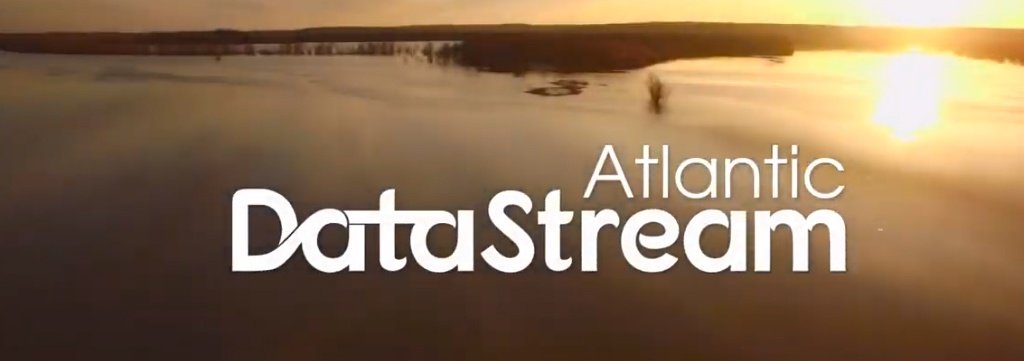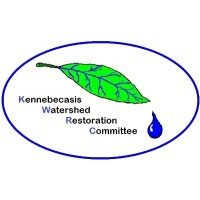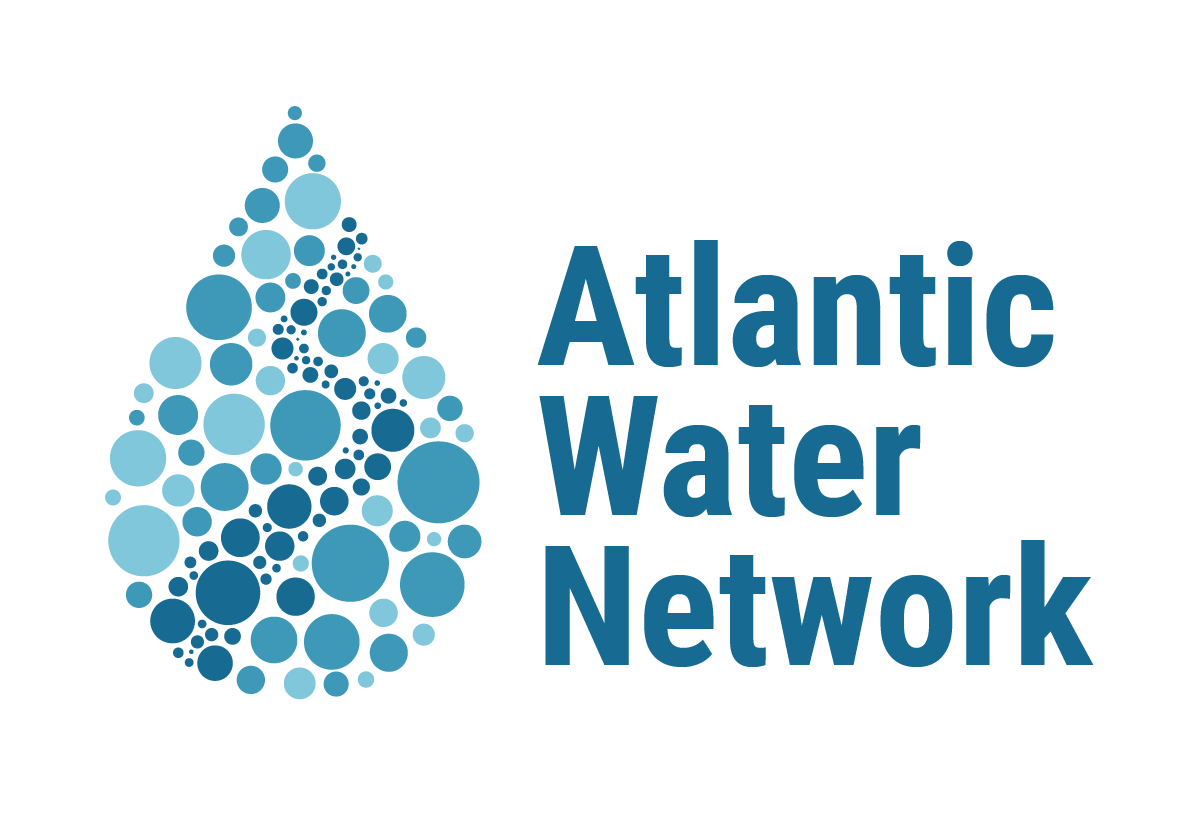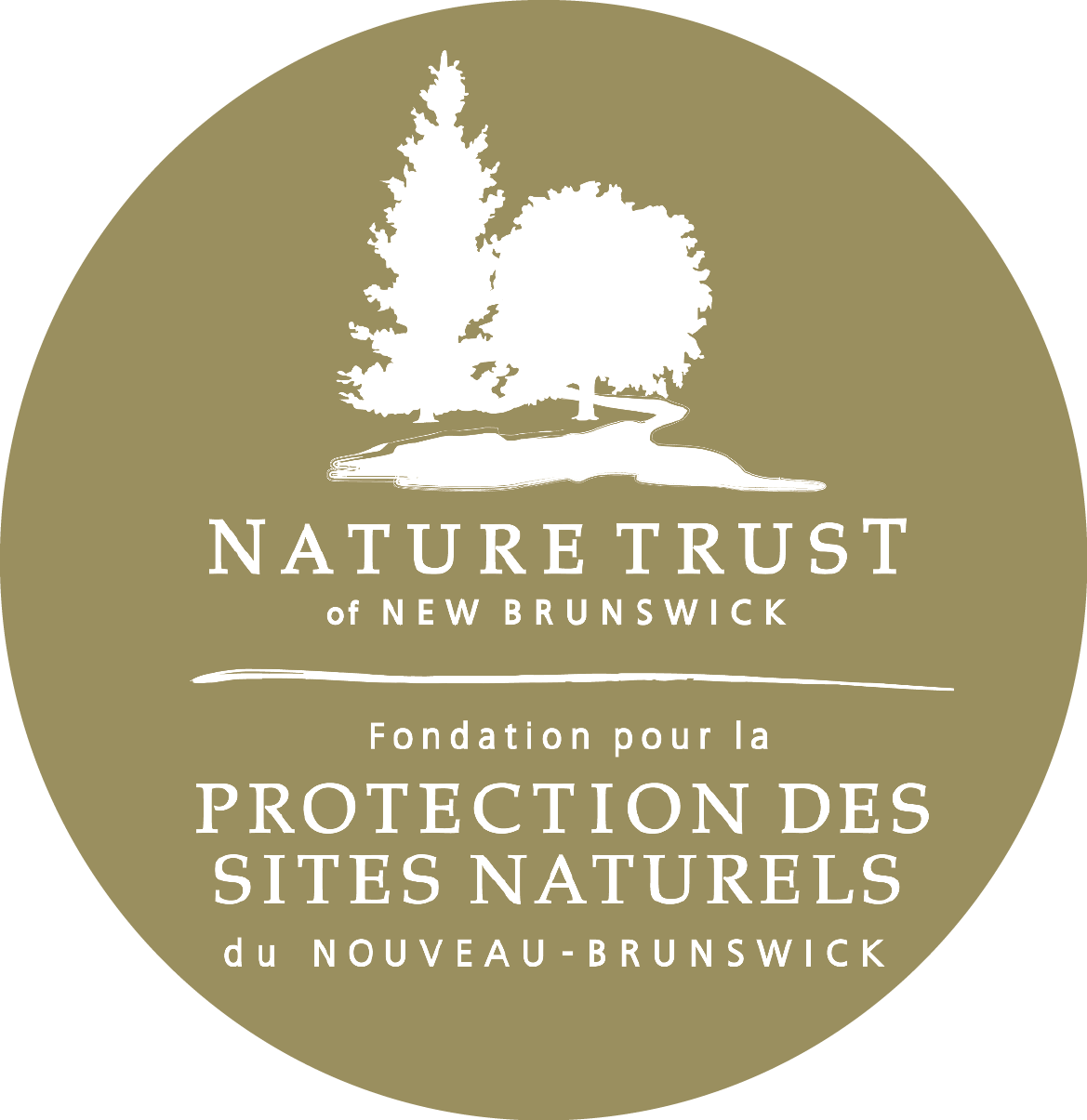History
Eastern Charlotte Waterways Inc.
Established in 1993
ECW’s purpose is to protect the environment and its biodiversity for the benefit of the public by providing knowledge, skills, and expertise to empower persons, partners, and communities. We conduct research, community planning, and projects on environmental sustainability issues including watershed management, coastal management, environmental monitoring, renewable energy, energy conservation and efficiency, green transportation, sustainable food systems, waste reduction, climate change adaptation, and sustainable community planning.
In 1991, faced with an urgent need to restore damaged coastal environments, Environment Canada initiated the Atlantic Coastal Action Program as a means of mobilizing local communities to address their own environmental and developmental challenges. Eastern Charlotte Waterways Inc. (ECW) was created, alongside 16 other community-based environmental organizations in Atlantic Canada.
Today, ECW is a not-for-profit, environmental resource and research center which aims to collaborate with like-minded organizations to promote community well-being through sound environmental health. The mission here is to encourage community awareness of the local environment, promote sustainable management of natural resources, and to assist with maintaining a viable local economy. This is accomplished by facilitating projects that integrate common social, economic, and environmental concerns.
We work in the freshwater, coastal, and marine environments of Southwestern New Brunswick. This area is bordered by the Lepreau watershed in the east, and the Digdeguash in the west, encompassing the northern tributaries of the Magaguadavic to the Bay of Fundy.
The scope of our activities encompass the following topics:
Environmental health & environmental monitoring
Environmental research
Sustainable development & community capacity building
Climate change adaptation & mitigation planning
GIS mapping & analysis
A participatory approach towards environmental management issues
Water testing laboratory
Controlled environment agriculture & vertical farming
Rural transportation services
Education & awareness
In 2020, the Board of Directors of ECW approved an expanded mandate to include sustainable community development and projects related to transformative systems change to help mitigate the climate crisis and help rural communities to thrive.
From this, the Project : Village workstream emerged using a 4-pillar approach where community, governance, economic, and the environmental considerations guide the future development of new project initiatives in our region. Project : Village was created to design sustainable systems for the future health of our rural communities. In collaboration with community partners, residents, and stakeholders, Project : Village is working to tackle some of our rural region’s most significant issues including: transportation, housing, food security, and economic growth.
Logo
In honour of our 30th anniversary, we’ve changed our image. In recent years ECW has grown to include major projects in the marine and freshwater environments, but also to service community needs in the face of environmental change. The logo was designed by St. George born, Phillip Leblanc, and has acted as our new logo for Project : Village for the past two years. To create synergy moving forward, we have elected to change our old ECW logo to this new one. To maintain the legacy of a great organization, we will keep our name “ECW.” Our new logo represents a leaf, the map of a community, a watershed, or a water droplet - the full picture of where we will continue to grow. The colours were chosen from images of the Village of Blacks Harbour, the community where ECW holds its office and the starting point from which we strive to make positive change in our region.




